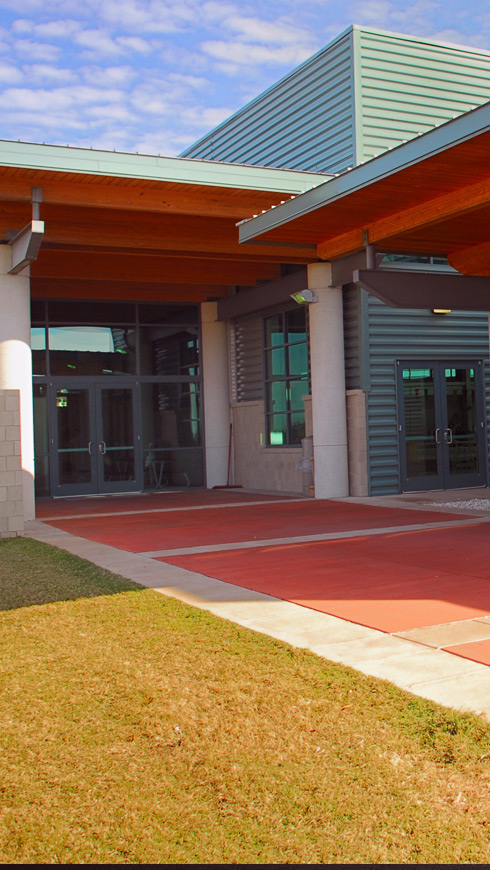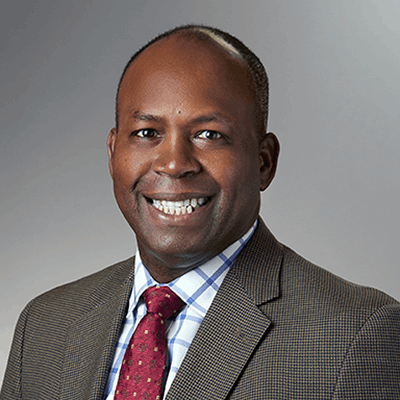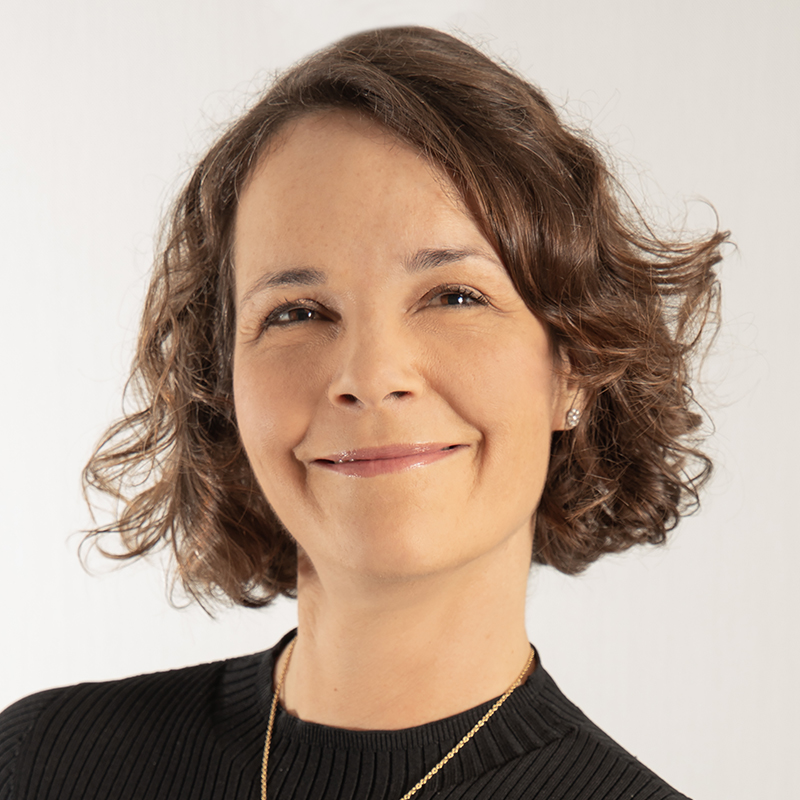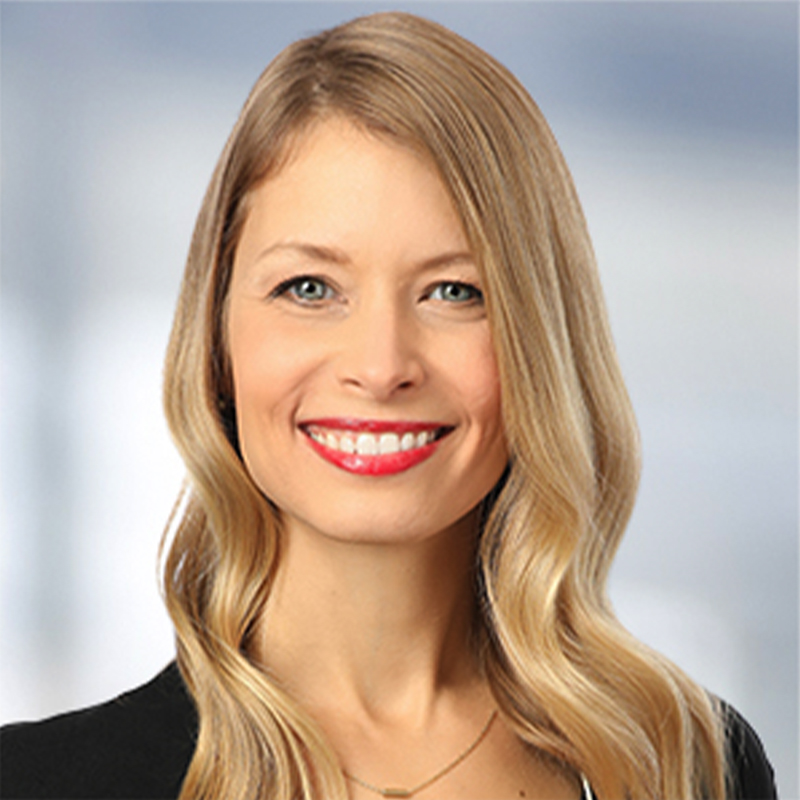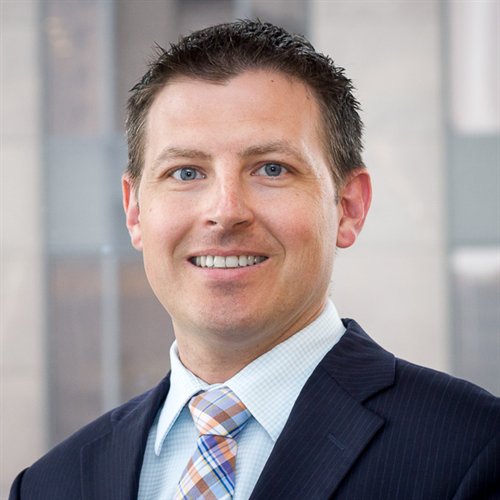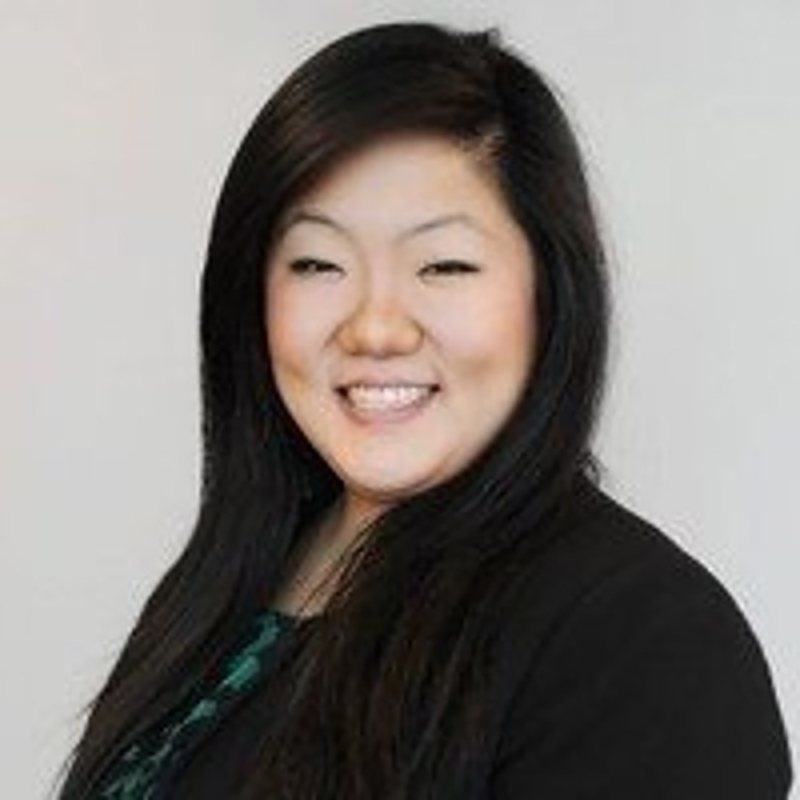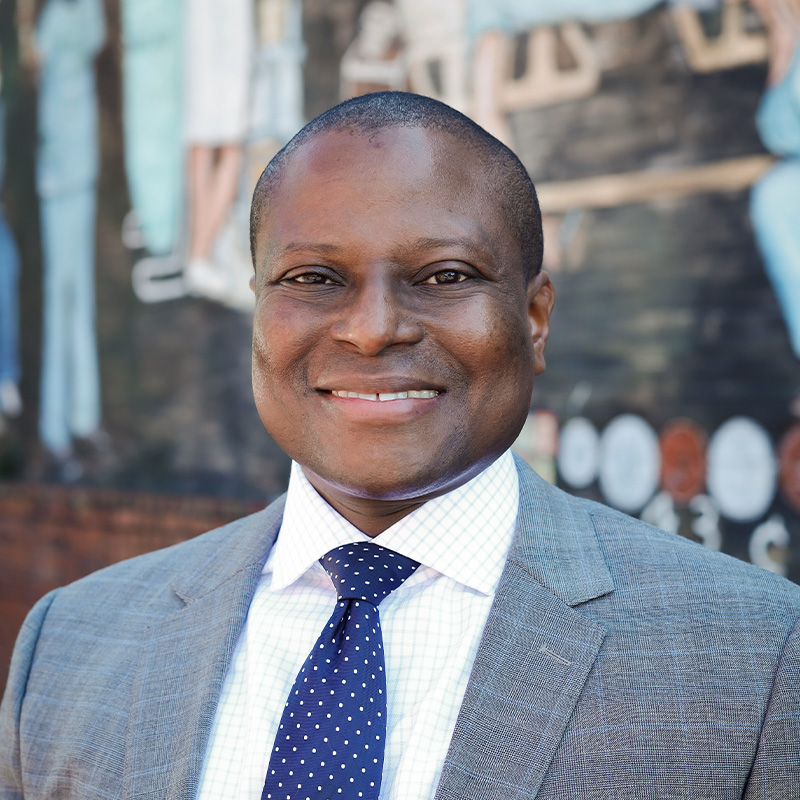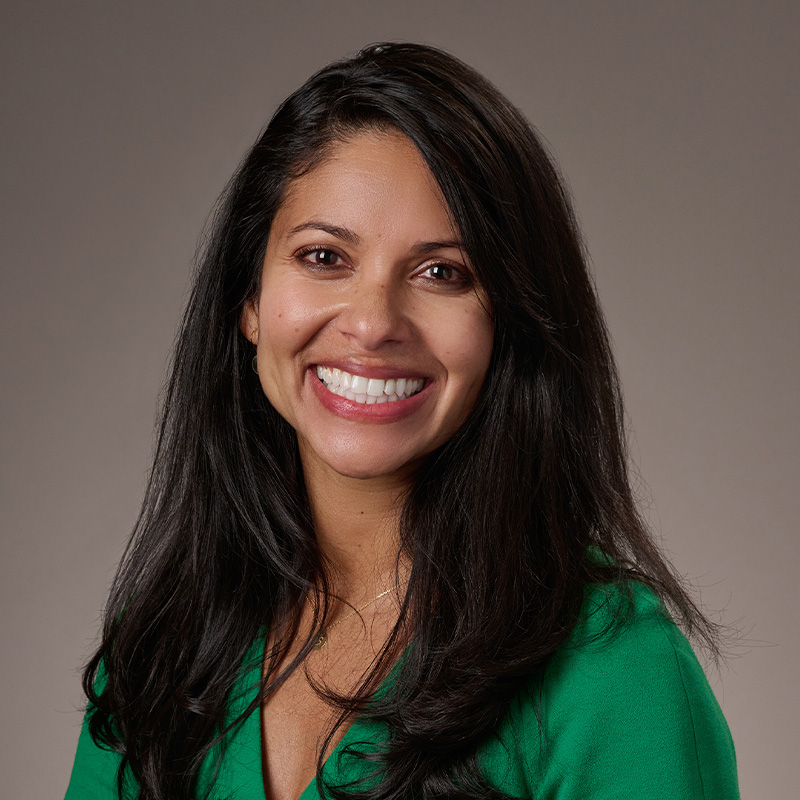Community Development Banking
Empowering people and strengthening communities by expanding access to capital.

$7.6B+
lending portfolio held on balance sheet
$3.1B+
tax credit equity investments1
$25.3B+
committed to finance affordable housing1
Who we are
Related insights
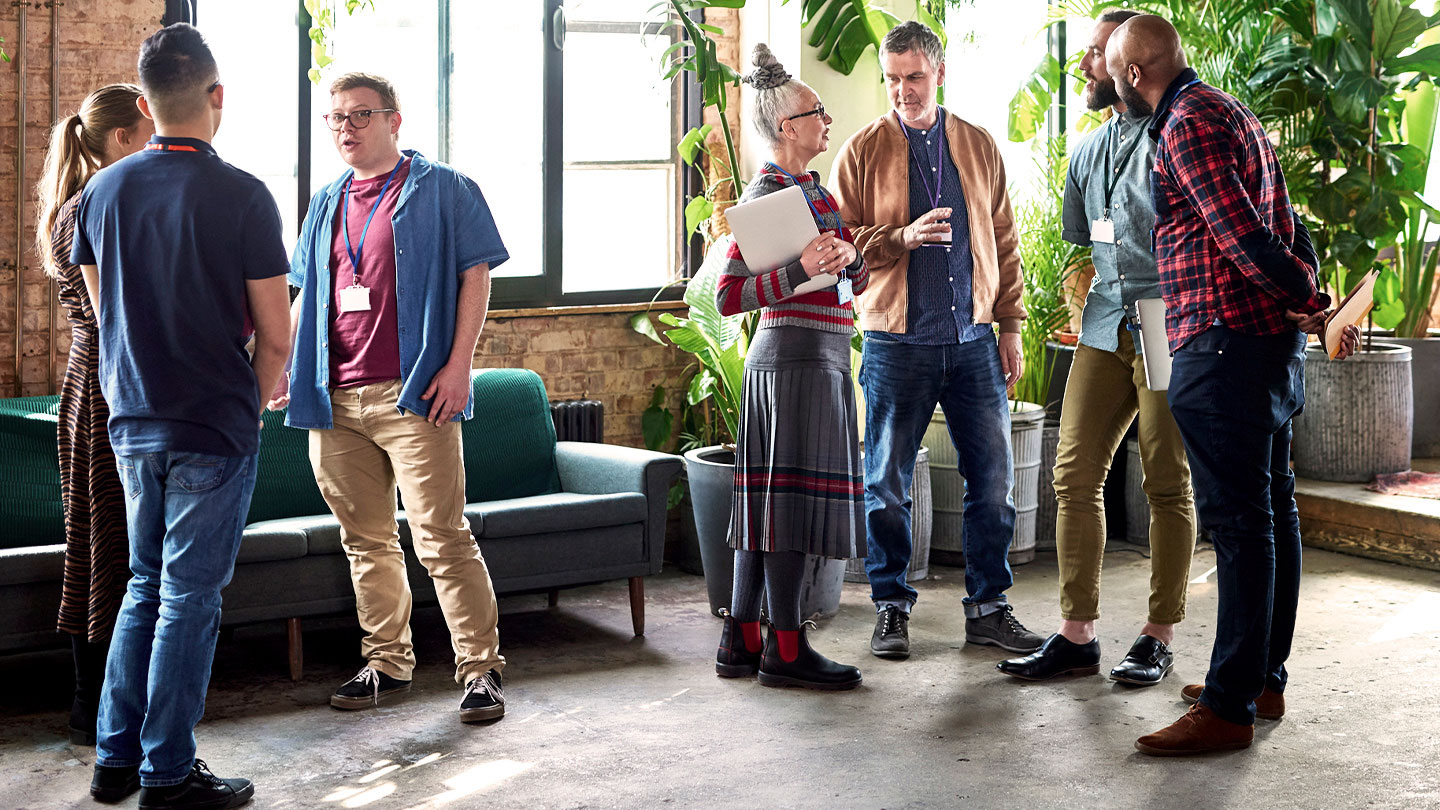
Real Estate
Meet the people behind Community Development Banking’s investments
Nov 08, 2023
JPMorgan Chase Community Development Banking ties financial value to social impact—no matter how complex the project. See how our work directly impacts Community Development Financial Institutions and their funding recipients.
Read more
Real Estate
Helping more Tampa families find shelter, stable housing—and beyond
Jul 10, 2025
Metropolitan Ministries significantly expanded its shelter capacity and permanent supportive housing to help families struggling amid Florida’s affordable housing crisis.
Read more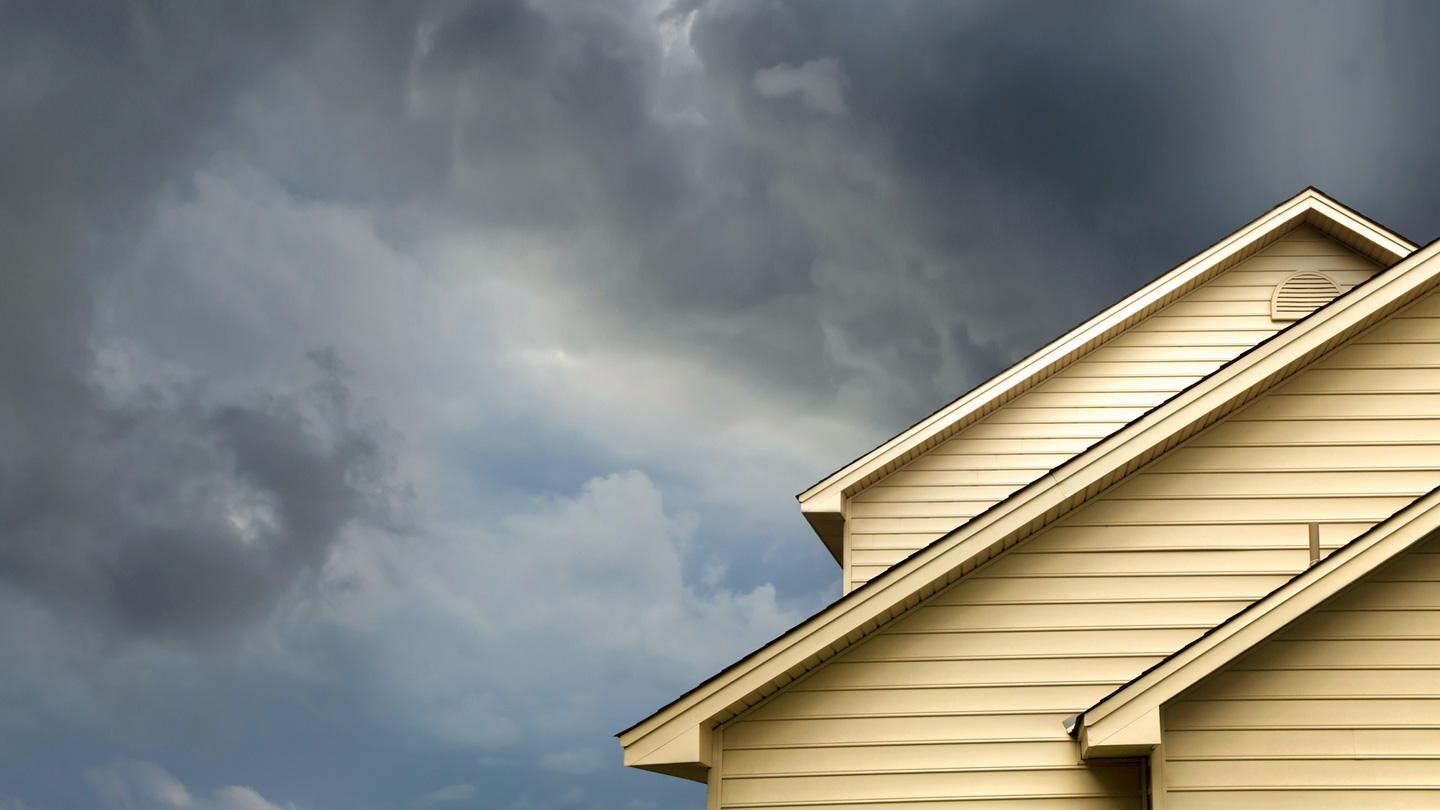
Real Estate
What a recession could mean for commercial real estate
Jun 24, 2025
Even a mild recession could impact each asset class differently. Leaders across the industry discuss how commercial real estate investors can prepare for an economic downturn.
Read more